In the digital age, political marketing has evolved to include strategies that go beyond traditional propaganda. Political leaders, especially those in authoritarian regimes, have adopted advanced technological tools to maintain and consolidate their power. Nicolás Maduro, president of Venezuela, has implemented a multifaceted approach to political marketing that includes the use of social media bots. These tactics have had a significant impact on public perception and have generated intense criticism both domestically and internationally.
Political Marketing Strategies of Nicolás Maduro
1. State Control of the Media:
Since the beginning of his presidency, Maduro has strengthened state control over the media in Venezuela. By restricting and regulating access to independent media, his government has created a media environment that favors the official narrative. This control extends to the direct censorship of television channels, newspapers, and digital platforms that are critical of the regime, thus allowing the government to promote its version of events without significant media opposition.
2. Social Media Mastery:
Social media has become a crucial battlefield for Maduro's political marketing. Platforms like Twitter, Facebook and Instagram are used to disseminate official messages, create interaction with followers and project an image of a participatory government. The government's digital strategy seeks to humanize Maduro, showing him as a leader who is close to the people and accessible, despite criticism of his management.
3. Disinformation Campaigns:
The use of disinformation is a key tactic in Maduro’s arsenal. By spreading false or distorted news, the regime seeks to sow confusion, weaken the opposition and keep the population in a constant state of doubt. These disinformation campaigns are not only aimed at the Venezuelan population, but also at international audiences, attempting to present a distorted picture of the situation in the country.
4. Exaltation of Nationalism:
Maduro has used nationalist rhetoric as a tool to unite his supporters and divert attention from internal crises. By presenting himself as the defender of Venezuelan sovereignty against external threats, especially from the United States and other Western countries, he seeks to consolidate his support base. This approach also helps to deflect blame for economic and social problems onto external factors, rather than attributing them to internal management.
The Use of Bots in Maduro's Strategy
The use of bots on social media represents a sophisticated and often controversial dimension of Maduro’s political marketing. Bots are automated programs that can perform tasks such as posting messages, responding to comments, and amplifying content in a way that simulates human activity. In the context of the Venezuelan government, bots are used for several strategic purposes:
1. Amplification of Official Messages:
By generating a massive amount of positive engagement with government messages, bots create the illusion of significant popular support. This not only amplifies the reach of messages, but can also influence public perceptions of the government’s legitimacy and popularity, discouraging dissent.
2. Saturation of Digital Space:
By using bots, the government can flood social media with favorable content, effectively drowning out critical voices and making it difficult for the opposition to gain visibility. This saturation strategy is used to bury criticism and divert attention from negative news about the regime’s management.
3. Manipulation of Trends and Narratives:
On platforms like Twitter, bots can be programmed to manipulate algorithms and create artificial trends. By generating large volumes of tweets on specific topics, the government can make certain topics appear more popular or important than they really are, thereby influencing public debate and the media agenda.
4. Rapid Spread of Disinformation:
Bots allow disinformation campaigns to spread rapidly, spreading false or biased content that reinforces the regime’s narrative. This ability to spread quickly is crucial in times of crisis or when the government needs to counter adverse information.
Impact and Repercussions
The use of digital political marketing and bots by the Nicolás Maduro regime has had significant consequences for Venezuelan politics and society, as well as its position on the international stage.
1. Erosion of Public Trust:
The omnipresence of bots and the proliferation of disinformation have contributed to a climate of distrust and skepticism among Venezuelan citizens. The difficulty in distinguishing between true and manipulated information has led to an erosion of credibility in the media and in the government itself.
2. International Response:
Maduro's digital tactics have been criticized by governments and international organizations who see these practices as a threat to democracy and freedom of expression. In response, some nations have implemented sanctions and diplomatic measures to isolate the regime and counter its communication strategies.
3. Adaptation of the Opposition:
Despite digital repression, the opposition in Venezuela has shown resilience by adapting to the government’s tactics. Through the use of alternative platforms and emerging technologies, opponents have sought ways to circumvent censorship and continue to mobilize support both domestically and internationally.
4. Ethical and Future Implications:
The extensive use of bots and disinformation campaigns by authoritarian regimes raises serious ethical questions about the role of technology in politics. As digital tools continue to evolve, it is crucial that a global debate on their responsible use is promoted to ensure that democratic principles are not undermined.
Nicolás Maduro’s political marketing, supported by the use of bots, is an example of how digital tools can be leveraged by authoritarian leaders to maintain control over the public narrative. While these tactics have allowed the Venezuelan government to maintain a semblance of legitimacy, they have also exacerbated the crisis of trust in society and sparked international condemnation. The future of political marketing in authoritarian contexts will largely depend on the ability of societies to develop mechanisms that ensure the ethical and responsible use of digital technologies.



